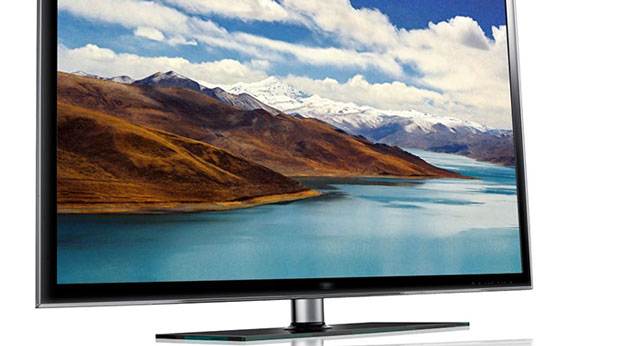
Is the SABC back to blacklisting press and commentators? That’s what South Africa’s media is wondering after the SABC withdrew an invitation to commentator Eusebius McKaiser to appear on a talk show after a newspaper column of his was critical of ANC leaders.
McKaiser said he was “uninvited” on Tuesday as a guest on the SABC’s AM Live show after he wrote a column critical of President Jacob Zuma, police minister Nkosinathi Nhleko and other senior ANC leaders. He blasted them for not speaking out about the ongoing Nkandla-gate scandal.
His column appeared on Monday in the Independent Media group’s The Star newspaper.
According to McKaiser — who once anchored the weekly actuality magazine show Interface on SABC television — “a producer of AM Live’s debate slot after 8am called me to uninvite me because he was instructed from higher up that my criticism of senior ANC leaders remaining silent about Nkandla-gate should not be discussed on Sakina Kamwendo’s show”.
McKaiser said Sakina’s integrity remained intact but that people should “spare a thought for her and others doing daily battle at the SABC to have the space to be honest professionals”.
“What irks me is that the SABC belongs to South Africa. It’s not commercial media and so has a greater duty to be a public broadcaster and certainly not a state broadcaster”.
“We need to push back against these rotting tendencies,” wrote McKaiser on his Facebook page.
SABC spokesman Kaizer Kganyago didn’t immediately respond to requests for comment.
The independent public pressure group SOS Coalition, made up of a spectrum of civil society stakeholders committed to free, fair and quality public broadcasting in South Africa, described the incident as “alarming”.
‘We all remember what the blacklisting scandal of 2006 did to the public’s confidence in the SABC. Are we really reliving this again and so soon?” asked SOS Coalition chairman Sekoetlane Phamodi.
“The SOS Coalition has repeatedly warned the public about the direction the SABC is going with its de facto 70% good news policy,” said Phamodi.
“It’s alarming, although unsurprising, that commentators are claiming they are being blacklisted from the national public broadcaster because they hold views which do not suit the state and government.
“The SABC’s editorial policies were reviewed 11 years ago and are, by law, now six years out of date, but remain specific about balanced reporting and commentary. Once again, the SABC higher-ups have interpreted this to restrict reporting that suits their own political agenda, giving the impression that the SABC is under the firm control of Luthuli House,” said Phamodi.
Public broadcasting expert and media researcher Kate Skinner said that “since the blacklisting crisis there has been a steady stream of censorship cases and these are often linked to critical political moments — for instance around the ANC’s Mangaung conference and then around the May 2014 elections, which saw the banning of opposition adverts and the censorship of the booing of President Zuma”.
In November 2012, the SABC admitted to blacklisting commentators and agreed that this was not in line with its code of conduct and that it contravened its licensing conditions in respect of news and current affairs. The SABC claimed to have adopted guidelines on the use of commentators, experts and analysts. — News24




